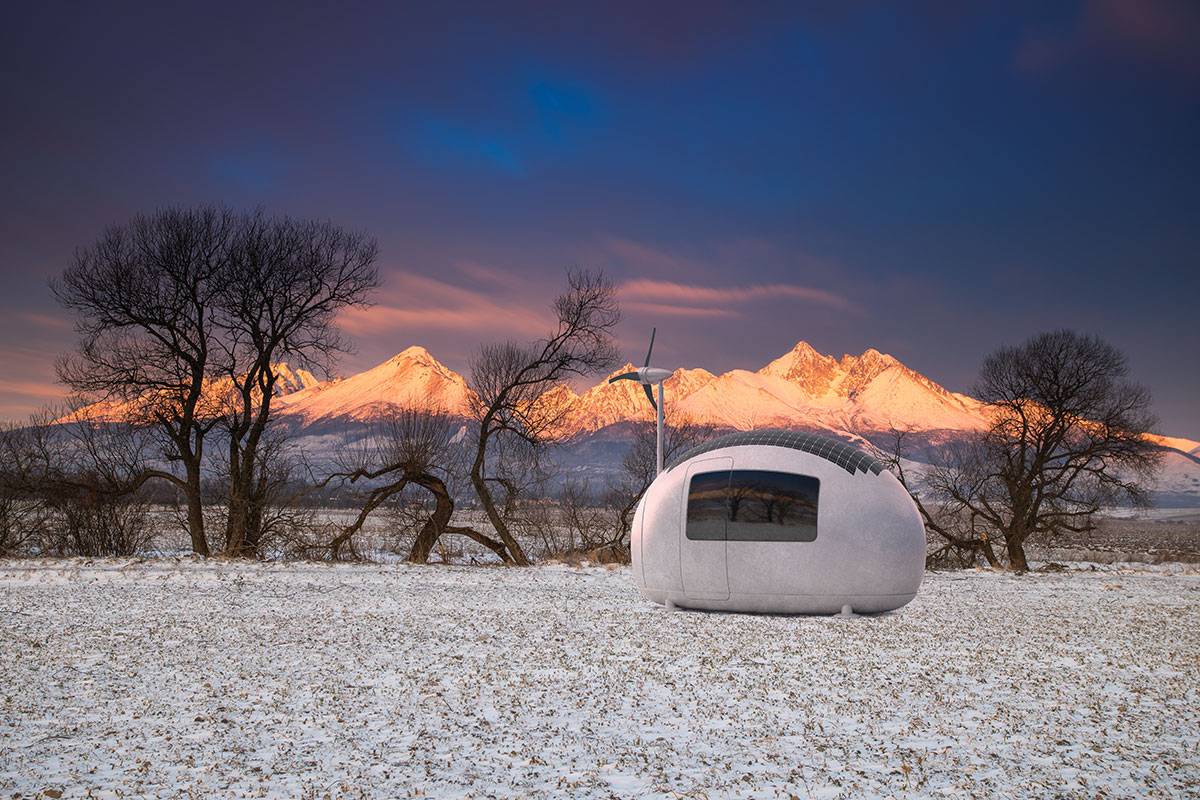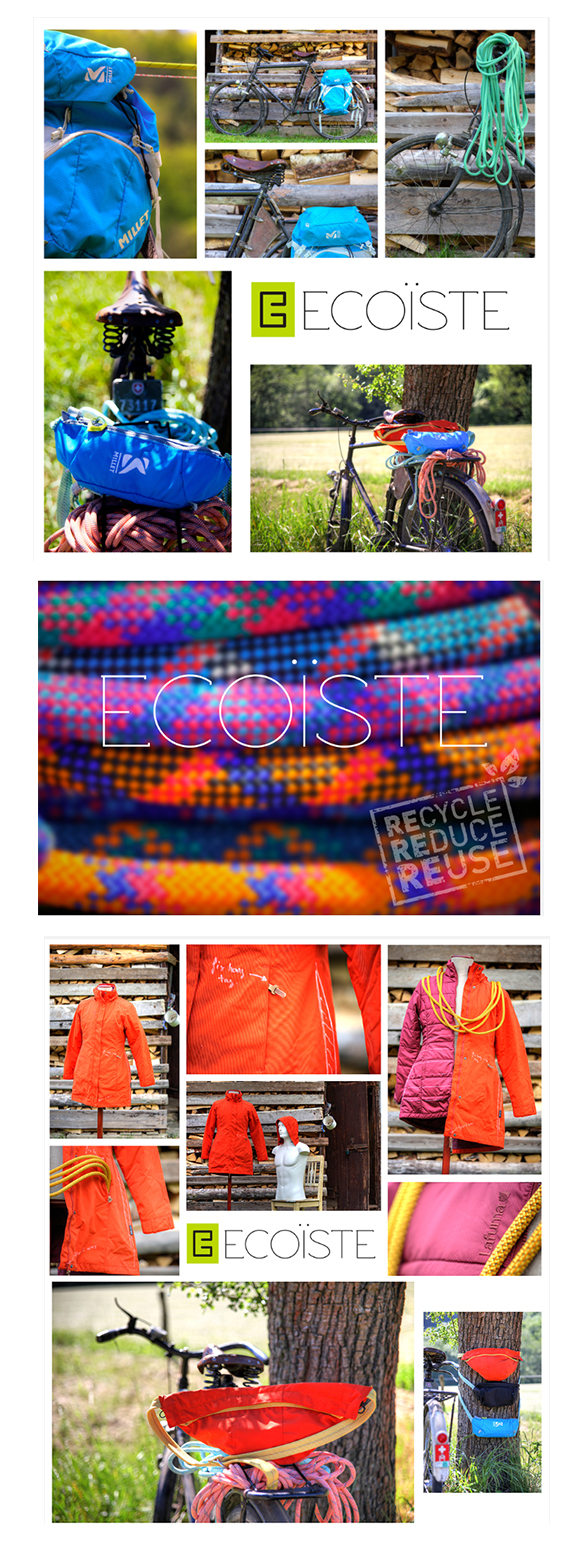Ecocapsule: Beautiful, self-sustainable and mobile micro-home.
Source: press release
13 June 2017
Ecocapsule is a self-sustainable intelligent micro-home, which utilises solar and wind energy. It allows people to live in remote places out of reach of infrastructure, while retaining a high level of living comfort. It can be used as a cottage, a pop-up hotel, caravan, even as a charging station for electric cars.
Ecocapsule is powered by a dual system of energy production, which - in connection with highcapacity batteries - ensures energetic self-sufficiency even in the case of a temporary lack of sources.
Ecocapsule also has an electric plug, enabling to charge the batteries from an external electric source if needed. The spheroid shape of Ecocapsule is designed to maximize the collection of rain water and dew. The water filters consequently ensure the transformation of water from any natural source into drinking water. The design of the outer shell also minimizes energy loss. Hollow walls filled with highly efficient thermal insulation protect inhabitants from harsh environment and help achieve a performance almost on the level of a passive house. Furthermore, the unique and original design makes Ecocapsule a piece of art that stands out in every environment.
Ecocapsule is optimized for easy transportation. It can fit into a standard shipping container and therefore can be easily shipped globally with the lowest shipping fees possible. The specially designed trailer enables transportation of the Ecocapsule with a passenger car, turning it into a fully functional caravan. Ecocapsule is a company that strongly believes in sustainable development. We offer a housing alternative that fully utilizes the latest technological innovative solutions, enables people to connect in harmony with nature and at the same time minimizes negative impact on the environment.
Ecocapsule: History and Purpose
The story of Ecocapsule has begun in the 2008, when the architectural studio Nice Architects participated in the Andes Sprout Society Idea Competition to design a small housing unit for an artist. Although the design wasn't awarded in the competition, the breaking point for the project was when inhabitat.com chose Ecocapsule into their selection of the most interesting picks from the competition. A massive amount of inquiries persuaded us to develop this project further. Yet, the technology in 2008 was not ready for a truly independent house. Within the next five years, the founders have been working on the technological and product design of the Ecocapsule in order to bring the best possible product. In 2014, the development of technology has finally allowed them to finish the Ecocapsule prototype equipped with systems necessary for long time independence. It was designed as a self-contained system able to sustain long periods of time without external resources. Long term off-grid stay has always been burdened by a lack of resources and constant resupply. Usually this means a constant flow of equipment and fuel, which is time consuming and has a negative impact on the environment. The fact that Ecocapsule is equipped with everything needed limits its impact on the environment just to its footprint.
At first Ecocapsule was intended as a frontier dwelling. A housing unit for people who need to stay in nature for a longer time – e.g. scientists, photographers, rangers or extreme tourists. Easy mobility, containerization and long term energy independence has opened up new ways to utilize the potential of the Ecocapsule. The capsule can be quickly shipped and used as housing for emergency teams in rapid response situations where infrastructure is damaged. Teams can directly approach their tasks without the need to build their base and facilities. The capsule can serve here as a small power plant and water filtration unit.
With time, other groups of people have also expressed interested in Ecocapsule, such as single people in high-rent, high-income areas like NYC or Silicone Valley. Here, the capsule can be placed on the rooftop or a vacant space and substitute a studio for a longer period of time. Since its initial design, Ecocapsule has been featured in most important media outlets around the world. Members of the team have been giving lectures and presentations at prestigious events, conferences, fairs and workshops. Apart from the business aspect, the Ecocapsule team constantly tries to spread the ideas of sustainable development to a wide public, as well as to raise awareness of ecological issues.
Ecocapsule: Technical specifications
Ecocapsule is 4,45m long, 2,25m wide and 2,55m tall (4,5m tall with the extended wind turbine pole). The gross floor area is 8,2 square meters. The capsule weighs 1200kg when empty and 1900kg with full water tanks. The wind turbine provides approximately 750W, the solar panels on the rooftop around 600W. The battery capacity is 10 kWh. The Ecocapsule body is made from fiberglass, overlaid on a steel frame and filled with high quality polyurethane foam insulation.
The basic electrical system is 48V, the sockets 110/230V. Ecocapsule can be connected to an outer 110/230V electrical network and uses LED lights for illumination. Lightning protection is included. The central ventilation unit provides heating, cooling and air exchange. The water comes from two sources: it is either collected as rainwater or supplied from an external source (stream, lake, camp water, etc.). The water is cleaned via a series of filters including a reverse osmosis filter. This system filters out 99,998% of dirt, so you are left with clean, usable water. Drinking water is also provided by filters installed on faucets. Ecocapsule uses a separating, waterless toilet.
The plans for the second generation of Ecocapsules include an incineration toilet. Ecocapsule has a smart home system and sensors. The user interface is a special app for controlling and monitoring all systems weather prediction etc. Data network connection is available within 2G/3G/4G coverage.
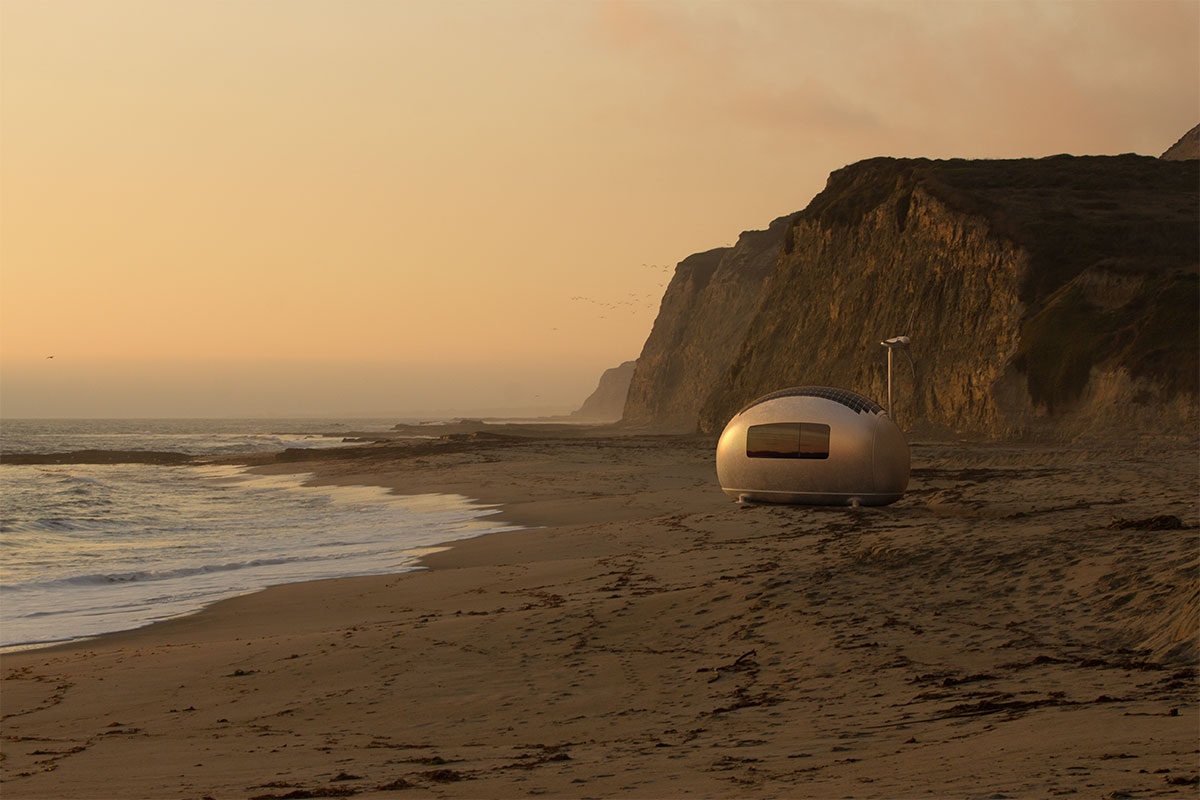
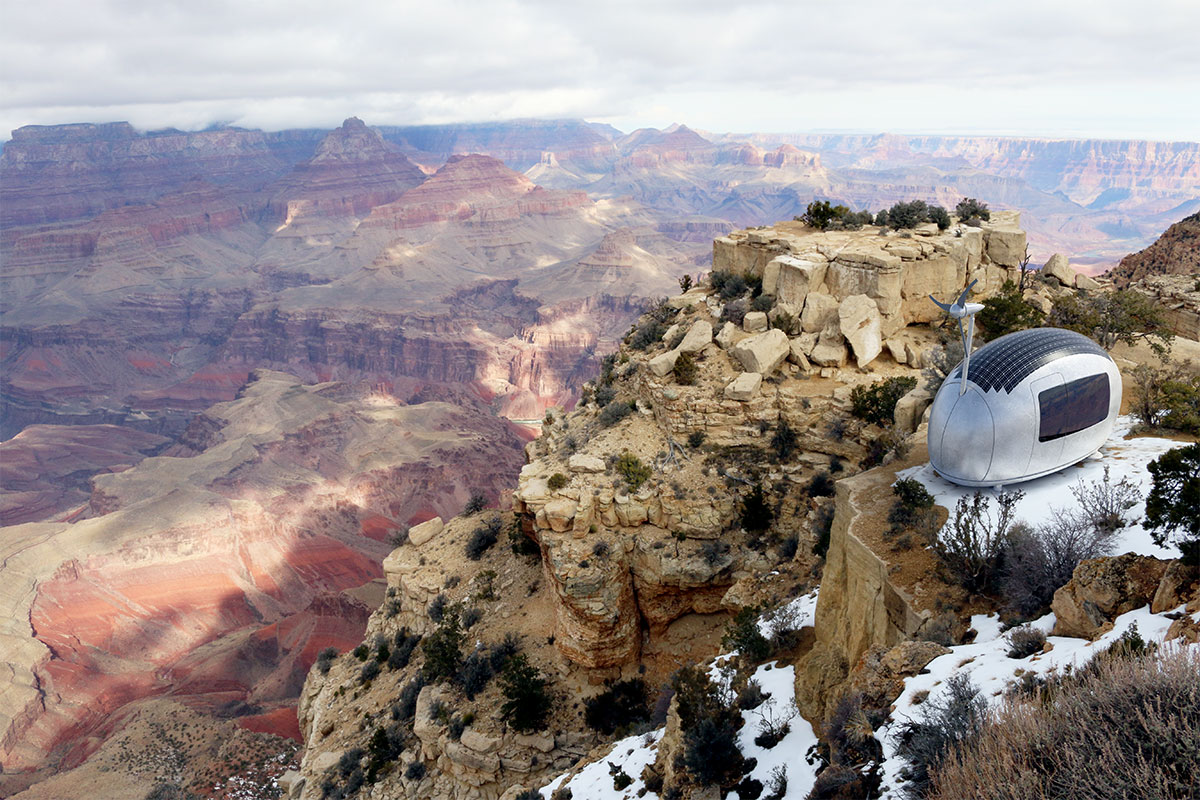
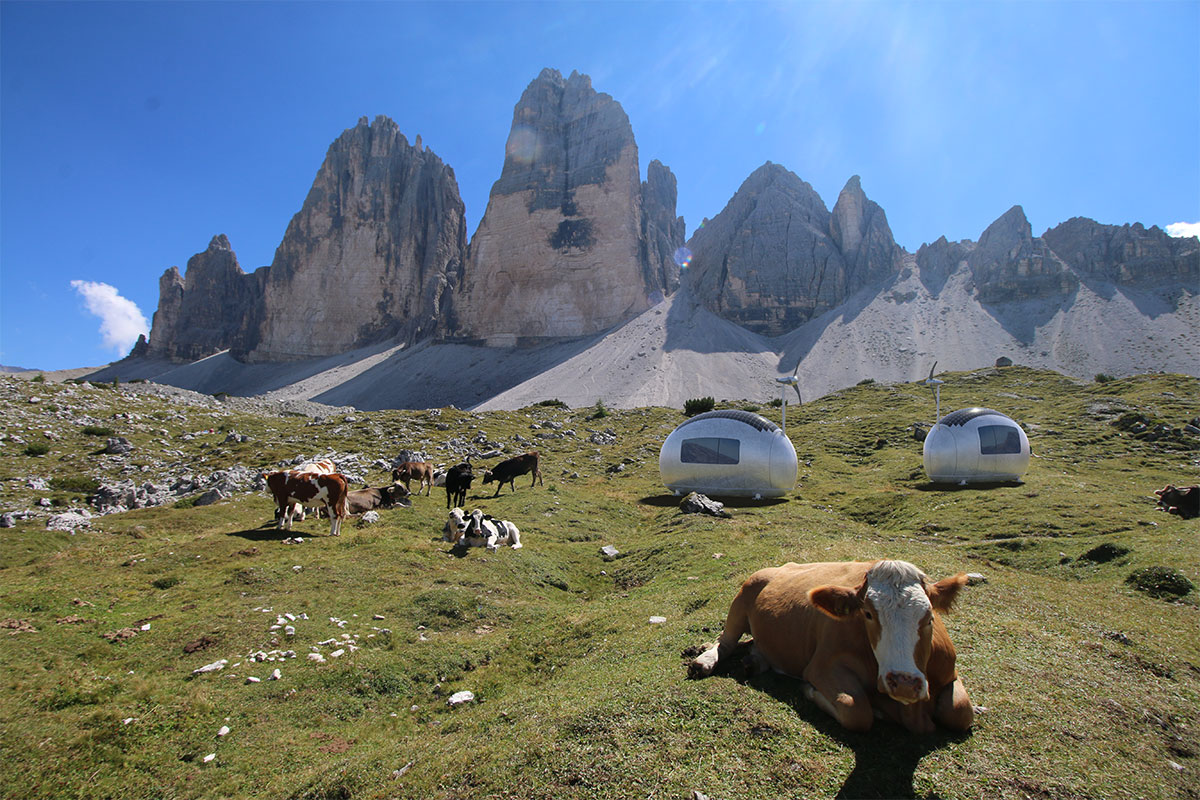


 PL
PL